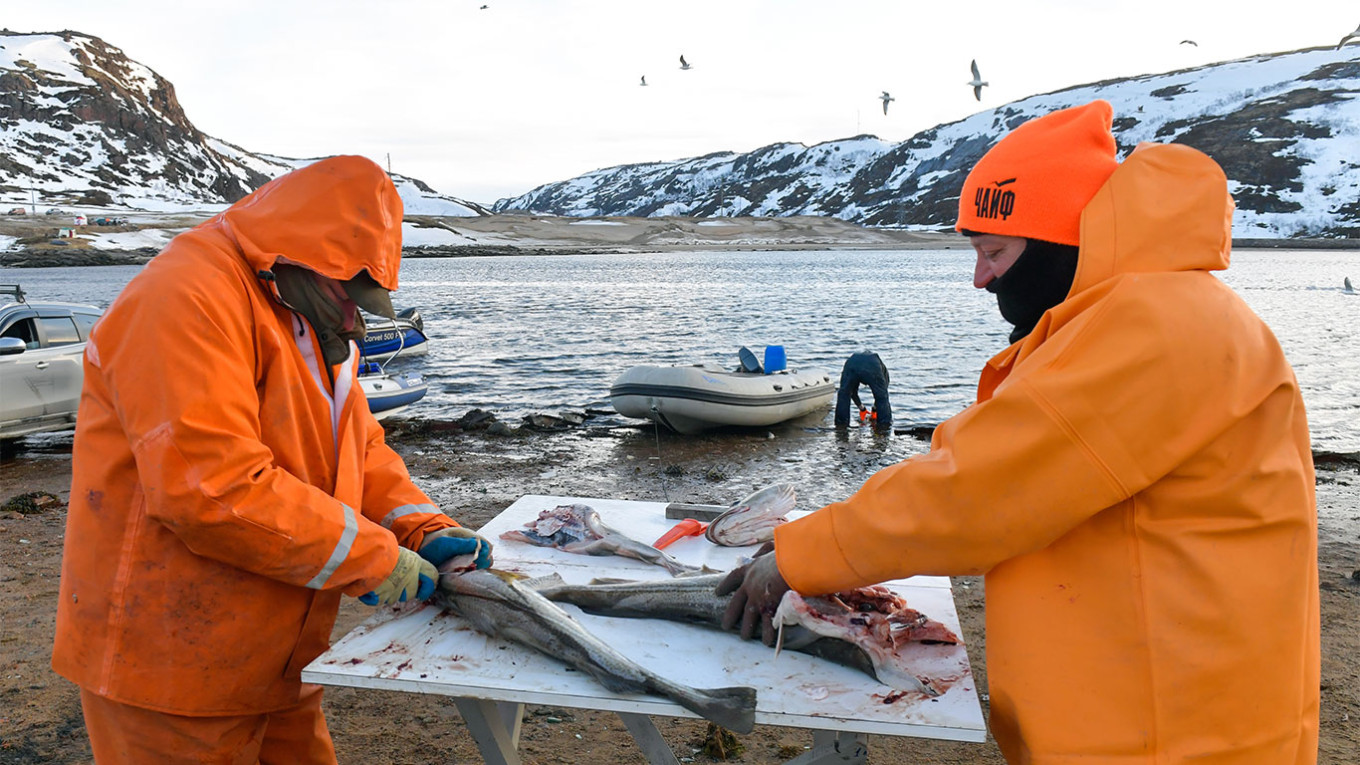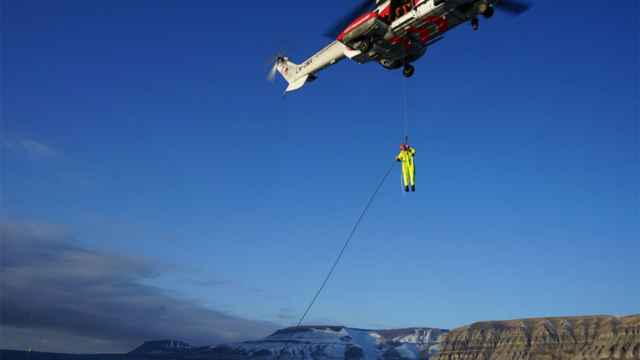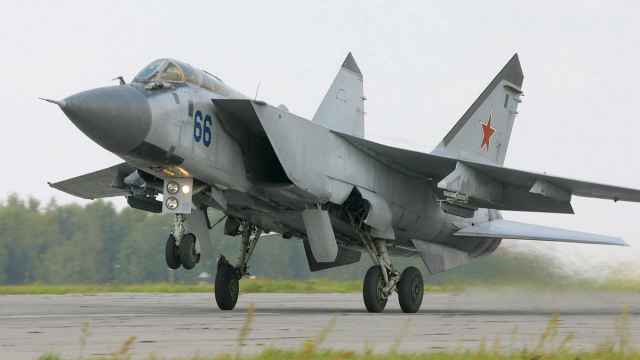Norway and Russia have reached a deal on fishing quotas for 2023, Oslo said, a rare sign of understanding amid heightened tensions over the war in Ukraine.
Since 1976 — when a first deal was drawn up during the Cold War — NATO member Norway and Russia have agreed on catch quotas in the Barents Sea which is home to prized cod stocks and off the coast of both countries.
"It's good that we have reached a fishing agreement with Russia despite the extraordinary situation in which we find ourselves," Norwegian Fisheries Minister Bjornar Skjaeran said in a statement issued late Tuesday.
In order to not endanger that agreement, which has been held up as a model of cooperation since, the Scandinavian country has strayed a little from European sanctions imposed on Moscow after its invasion of Ukraine.
Russian vessels are banned from docking in European ports, but Norway has granted fishing trawlers an exception, allowing them to unload their catches in the Scandinavian country.
In early October, Oslo however restricted them to three ports and required Russian trawlers to undergo systematic inspections.
In a sign of the exceptional situation, the negotiations between the two countries were conducted solely on online channels.
On Twitter, Norwegian Prime Minister Jonas Gahr Store called the agreement "important at a challenging time with the war in Ukraine."
"The agreement clarifies the quotas and guarantees long-term and sustainable management of stocks in the Far North. We are looking after the world's biggest cod stocks and other species in the Barents Sea," he wrote.
The announcement came on the same day Norwegian authorities said they had arrested a suspected Russian sleeper agent, whom counter-espionage services accused of masquerading as a Brazilian researcher.
A Message from The Moscow Times:
Dear readers,
We are facing unprecedented challenges. Russia's Prosecutor General's Office has designated The Moscow Times as an "undesirable" organization, criminalizing our work and putting our staff at risk of prosecution. This follows our earlier unjust labeling as a "foreign agent."
These actions are direct attempts to silence independent journalism in Russia. The authorities claim our work "discredits the decisions of the Russian leadership." We see things differently: we strive to provide accurate, unbiased reporting on Russia.
We, the journalists of The Moscow Times, refuse to be silenced. But to continue our work, we need your help.
Your support, no matter how small, makes a world of difference. If you can, please support us monthly starting from just $2. It's quick to set up, and every contribution makes a significant impact.
By supporting The Moscow Times, you're defending open, independent journalism in the face of repression. Thank you for standing with us.
Remind me later.






